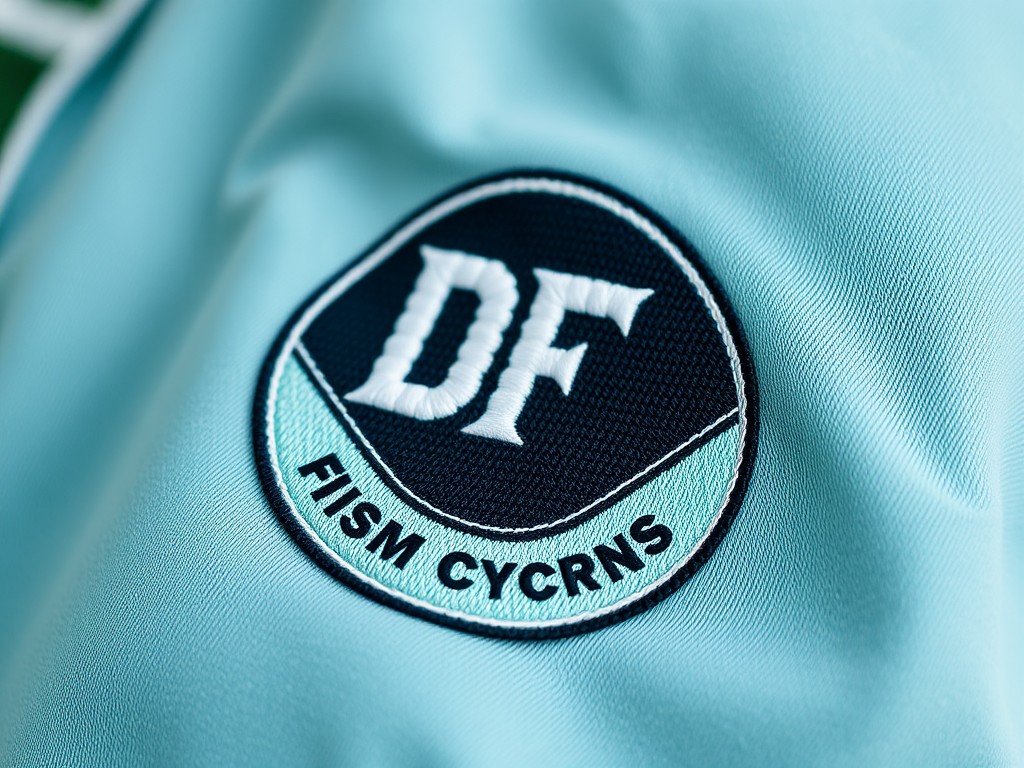Overview of Eco-Friendly Footwear
Eco-friendly footwear plays a pivotal role in the sustainable fashion landscape. It is characterised by the use of eco-conscious features and materials that minimise environmental harm. This category of footwear prioritises sustainability throughout the production chain, from the sourcing of materials to manufacturing and post-consumer use.
The production of conventional footwear can be environmentally damaging. Traditional methods often involve the use of synthetic materials and chemicals, which are harmful to both the environment and factory workers. Processes like leather tanning release toxic chemicals into water systems, contributing to pollution. Furthermore, the accumulation of non-biodegradable waste from discarded shoes exacerbates landfill problems, which is a growing environmental concern.
Also read : Uncover top vegan beauty brands available in the uk: a complete guide for conscious consumers
However, the rise of eco-conscious consumers in the UK and beyond has inspired change. These consumers are driving demand for sustainable practices, urging manufacturers to adopt greener methods. The sustainable fashion movement has led to the incorporation of eco-friendly footwear options that are as stylish as they are environmentally responsible. This shift not only supports the environment but also reflects a growing trend towards thoughtful consumption, emphasising quality and longevity over disposable fashion. As more people embrace sustainable lifestyles, the market for eco-friendly women’s footwear continues to expand.
Key Features of Eco-Friendly Women’s Footwear
Eco-friendly women’s footwear harnesses a variety of sustainable materials to reduce environmental impact. Organic cotton, for instance, provides a biodegradable and resource-efficient option, while materials like recycled plastics reclaim waste otherwise destined for landfills. Additionally, some brands utilise innovative materials such as pineapple leather and cork to replace traditional leather.
In parallel : The Definitive Resource for Locating Long-Lasting School Uniforms Throughout the UK
Production methods significantly impact sustainability. Eco-conscious features include low-waste manufacturing techniques that optimise resource use and minimise by-products. Employing eco-friendly dyes reduces chemical emissions, further contributing to cleaner industry practices. These methods support a transition towards greener manufacturing, benefiting both the environment and workers.
Consumers are rightfully concerned with comfort, durability, and design in footwear. Eco-friendly options prioritise these aspects by using technology to enhance material performance. Sustainable materials offer versatility, allowing designers to create stylish, long-lasting products without compromising on ecological principles.
Conscious production integrates seamlessly with consumer expectations, facilitating growth in sustainable fashion. This approach not only combats environmental challenges but promotes industry innovation, ensuring eco-friendly women’s footwear meets increasing demands for quality and sustainability. By choosing such options, consumers contribute positively to the planet while enjoying modern, fashionable designs.
Popular Eco-Friendly Footwear Brands in the UK
The rise of eco-friendly footwear brands marks a significant shift in the UK’s ethical fashion landscape. One notable brand is Veja, which has gained popularity for its commitment to transparency and sustainable practices. Veja sneakers are crafted using organic cotton and wild rubber sourced directly from the Amazon rainforest, supporting local communities and reducing environmental impact. Their eco-conscious approach has garnered positive consumer feedback, enhancing their reputation.
Brand Spotlight: Rothy’s
Rothy’s stands out for its innovative use of recycled materials, primarily repurposing plastic water bottles into stylish, comfortable shoes. Their seamless design minimises waste during production, making them a favourite among eco-conscious consumers. Rothy’s dedication to sustainability is evident in their efforts to continually innovate and improve their methods.
Brand Spotlight: Allbirds
Allbirds is another leader in the sustainable brands category. Known for its use of merino wool and eucalyptus tree fibre, Allbirds delivers a combination of comfort and environmental responsibility. Their commitment to reducing their carbon footprint through responsible sourcing and production processes is truly remarkable.
Each of these brands sets a high-standard for sustainable practices, offering consumers eco-friendly choices without sacrificing quality or design.
Purchasing Tips for Eco-Friendly Footwear
For eco-conscious purchases, understanding how to evaluate product labels and certifications is crucial. Look for certifications like Global Organic Textile Standard (GOTS) or Recycled Claim Standard (RCS), as these indicate genuine sustainable practices. Labels often provide insights into materials and production methods, offering a transparency that aids informed decisions.
Another consideration in your footwear shopping guide is supporting local brands. Local businesses often have smaller carbon footprints due to reduced transportation emissions. Moreover, they contribute to local economies and can often provide more transparency about their sustainable practices.
Additionally, extending the life of footwear plays a significant role in sustainability. Simple actions like proper cleaning, regular maintenance, and using eco-friendly repair services can minimize waste. Ensuring your shoes are storaged in cool, dry places prevents premature wear and tear.
When considering new footwear purchases, it’s also beneficial to evaluate the brand’s overall commitment to reducing their carbon footprint and waste production. Ultimately, these buying tips can empower you to make eco-conscious purchases that align with a sustainable lifestyle, promoting both ethical fashion and environmental health.
The Environmental Impact of Eco-Friendly Footwear
The environmental impact of eco-friendly footwear is significantly less detrimental compared to traditional alternatives. While conventional shoes rely heavily on environmentally harmful materials and processes, sustainable options focus on reducing the carbon footprint throughout their lifecycle. Eco-friendly footwear utilises materials like organic cotton and recycled components, which require less energy and resources for production.
Statistically, the footwear industry generates substantial waste, predominantly from synthetic materials that do not decompose. For instance, millions of tons of shoe waste end up in landfills annually, contributing to pollution. However, sustainable footwear reduces this burden by employing biodegradable and recyclable materials, thus mitigating the impact on the environment.
Adopting eco-friendly footwear offers long-term benefits, such as promoting sustainable practices across the fashion industry. This shift has a positive ripple effect, encouraging manufacturers to implement greener production methods. Moreover, consumers benefit by aligning themselves with sustainability benefits, as they are actively contributing to improving environmental health. Choosing eco-friendly options supports ecological balance while promoting a culture of mindful consumption. Ultimately, by reducing reliance on non-renewable resources and minimizing waste, eco-friendly footwear presents a viable pathway towards a sustainable future.
Future Trends in Eco-Friendly Footwear
As we look towards the future of footwear, it’s evident that innovative materials are shaping sustainable practices. These materials, including lab-created leather and bio-fabricated materials, push the boundaries of eco-friendly footwear. By reducing the reliance on natural resources, they herald a future of footwear that is both inventive and environmentally conscious.
Technology plays a pivotal role in advancing sustainable practices. The integration of AI and machine learning helps optimise production processes, thereby minimising waste and energy consumption. Smart sensors are anticipated to offer insights into footwear production, further enhancing sustainability benefits and reducing the carbon footprint.
Consumer trends indicate a rising demand for transparency and ethical production. Over the next decade, it’s expected that eco-conscious consumers will increasingly influence market offerings, urging brands to embrace sustainable practices fully. The emphasis will likely shift toward products that not only appeal aesthetically but also reflect sustainability benefits.
In conclusion, the combination of material innovation, technological advancement, and evolving consumer preferences promises a greener future for the footwear industry. By embracing these changes, both manufacturers and consumers can contribute to an environmentally sustainable future.








